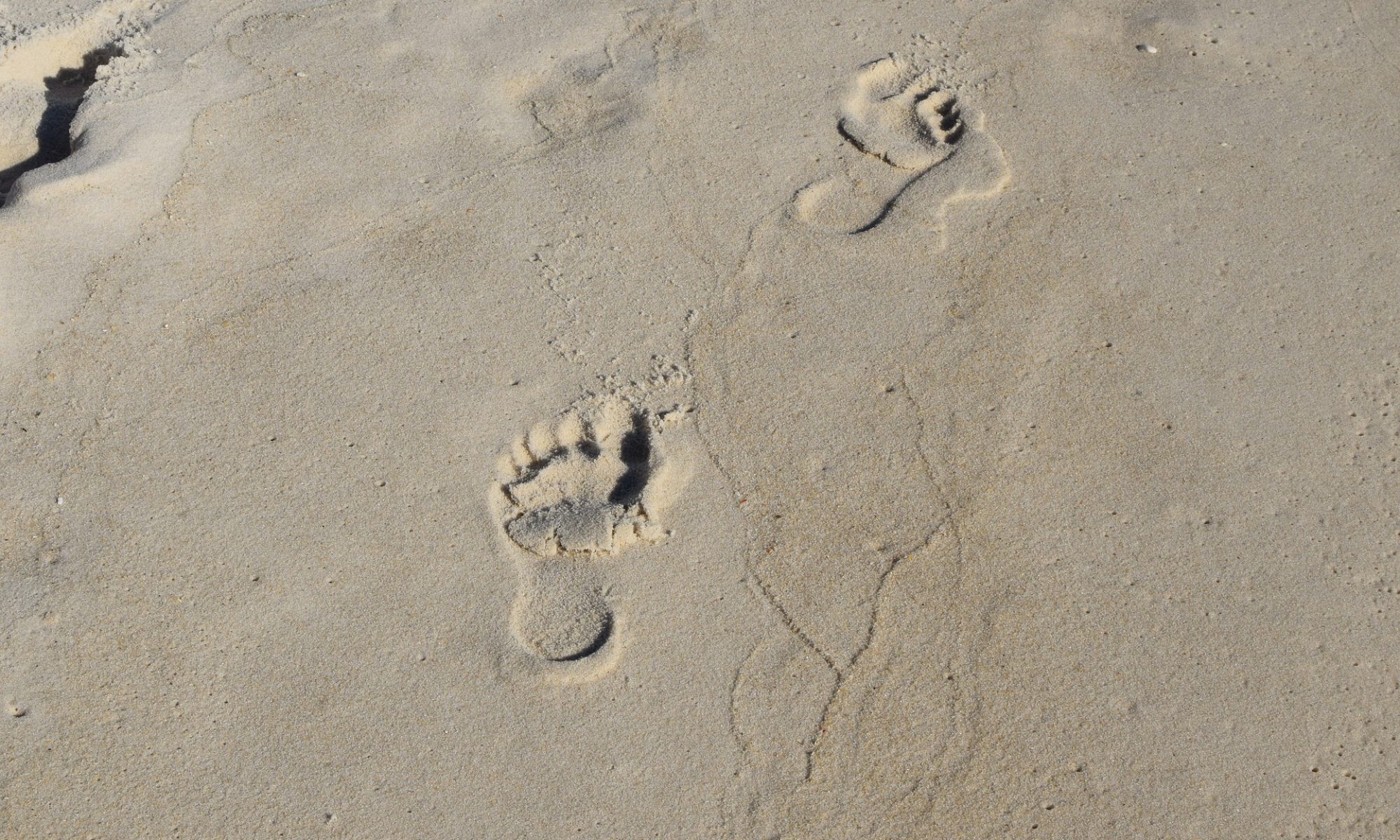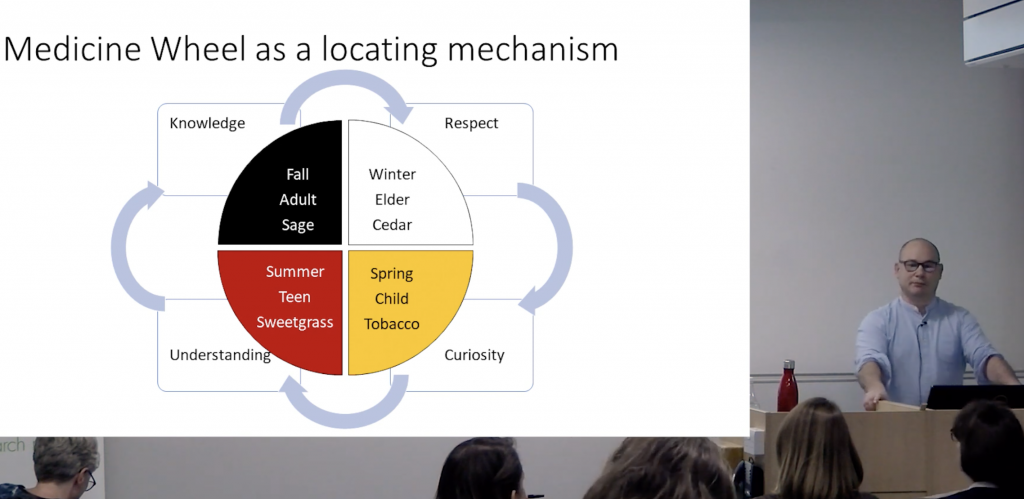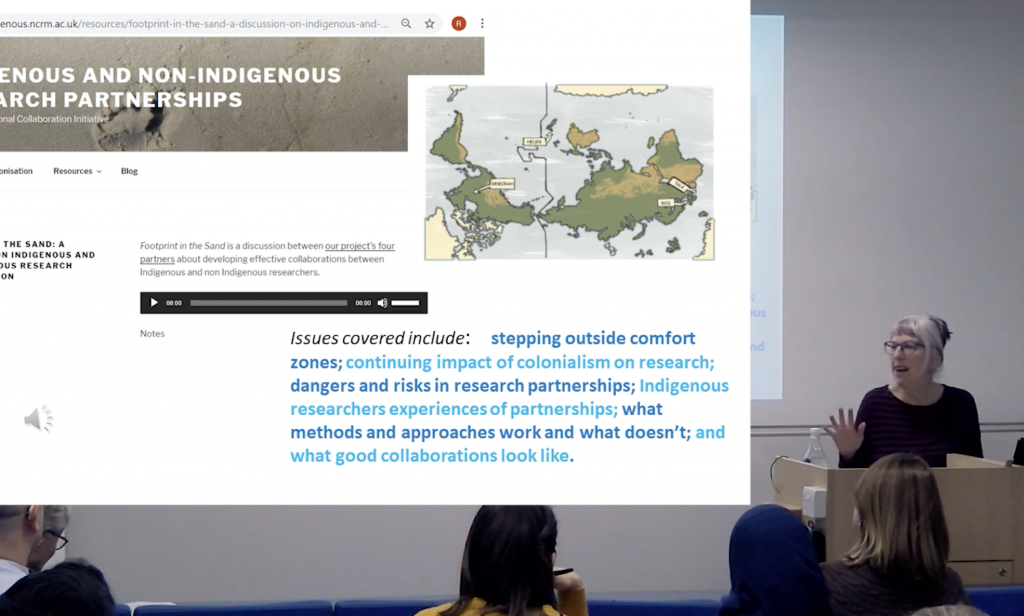by Helen Kara
In most disciplines in the Euro-Western paradigm, research collaboration is usually seen as a straightforwardly good thing. Perhaps this is why there is very little Euro-Western literature on the ethics of collaborative research.
In the Indigenous literature, by contrast, collaboration with Euro-Western researchers is seen as potentially dangerous, probably because Indigenous peoples around the world have experienced various abuses at the hands of researchers in so-called ‘collaborations’. Given this, it is not surprising that the Indigenous literature has more to say about the ethical aspects of collaboration than the Euro-Western literature.
For instance, it is important to take the time to articulate, and learn to understand, each other’s worldviews (Chilisa 2012). And the above examples suggest that research work and the benefits accruing from such work should be shared equally by Euro-Western and Indigenous researchers working together.
What about those Euro-Western researchers who would like to collaborate with Indigenous researchers but can’t travel to work with them? I’m in that position as an independent researcher with no budget for extended overseas assignments. However, occasionally Indigenous researchers come to the UK and give us the opportunity to work with or learn from them here.
Indigenous research paradigm
I was lucky enough to be at the NCRM Research Methods Festival in Bath, England, in 2016 when there was a seminar on post-colonial and Indigenous research methods. The presenters were Professor Bagele Chilisa from Botswana, Professor Helen Moewaka Barnes from New Zealand, and Dr Deborah McGregor from Canada. They taught me that there is an Indigenous research paradigm which stands alone, predates the Euro-Western research paradigm by millennia, and encompasses decolonising methodologies rather than the other way around.
This one seminar has had a profound influence on my work. I was underway with writing a book on research ethics and my learning from the seminar led me to completely change the book’s direction. I found and read as much literature on Indigenous research as I could, beginning with Professor Chilisa’s excellent book on Indigenous Research Methodologies.
I learned a great deal from this literature. I learned that opinions are divided within Indigenous communities about the rights and wrongs of sharing information in writing. Ila Bussidor, former chief of the Sayisi Dene community from Manitoba in Canada, researched and wrote a book called Night Spirits: the Story of the Relocation of the Sayisi Dene with her friend the journalist and broadcaster Űstűn Bilgen-Reinard. This book tells the story of the Government-forced relocation of the Sayisi Dene in 1956, from their ancestral homelands at Duck Lake to the outskirts of the town of Churchill, and the community’s subsequent disintegration.
From my Euro-Western perspective this is a crucial, hard-hitting, breath-taking book – yet some Sayisi Dene people did not want their story told in writing. Ida Bussidor spoke eloquently about her experience of this:
“When my book came out, there was a big fight and they threw chairs at me. They didn’t want the information out. I never was able to take the pride and success of that book, never.’
(Lambert 2014:177)
Community division
As a fellow author, I felt so much sympathy for Bussidor. As a scholar, I found her story of community division interesting because it is a story rarely told in the literature to date. Yet despite this divided opinion, a growing number of Indigenous researchers and others are publishing writings about their ways of life.
Those of us who would like to collaborate with Indigenous researchers but are not currently able to travel can benefit from reading these writings. Of course texts can’t teach us everything. Nor would we learn ‘everything’ by spending time with Indigenous peoples; many communities have sacred and/or secret knowledges that they would not share with outsiders (and nor should they be expected, or even asked, to do so) (Kovach 2009;McKemmish et al 2010; Koitsiwe 2013; Bowman, Francis and Tyndall 2015).
But texts can teach us a lot, and can enable us to collaborate on one level: by acknowledging and citing this literature in our own work, as I am doing here and have done throughout my book on research ethics.
Even at this level of collaboration there is ethical danger. For example, there is the danger of being extractive, i.e. using information provided by Indigenous people for our own benefit and giving nothing back, as countless Euro-Western researchers have already done (Denzin 2005[1]; Gaudry 2015). Then there is the danger of recolonising research ethics (Land 2015) by subsuming the Indigenous paradigm within a Euro-Western work (Wilson 2008).
Recolonising in a different way
I thought long and hard about the ethics of my writing. To me it also felt unethical to ignore this body of literature, as though by doing that I would be recolonising in a different way, i.e. contributing to the erasure of communities and peoples. I felt as though I could be recolonising whichever way I wrote.
I was glad to find calls in the Indigenous literature for Euro-Western researchers to share, rather than claim, the intellectual space (Smith 2012:202). Then I was helped by an online conversation with Erika Langham from Central Queensland University, a non-Indigenous researcher who works with Indigenous researchers in Australia, who suggested that part of my role in this work is not to replace but to amplify Indigenous voices. And I learned from the Indigenous literature about the need to work carefully and respectfully with that literature.
I was immensely fortunate to receive a review of the final draft of my book from the Indigenous researcher Deborah McGregor, who waived anonymity so that I could ask her questions (and thank her and credit her input in the book, which was not something she asked for but which felt important to do). Professor McGregor, as she now is, pointed out that I should clarify my relationship to Indigenous research. I thought hard about that, and concluded that
‘My relationship with Indigenous research is that of a student, with Indigenous researchers as my teachers; mostly through their writings and occasionally through their talk.’
(Kara 2018:17)
There are other ethical dimensions to this work. For example, since publication of my book, I have been asked several times to speak as an ‘expert’ on Indigenous research. I have declined these invitations because I am not and never will be such an expert. Only an Indigenous researcher can take that position. I am working on finding Indigenous researchers to whom I can pass such invitations; I hope this blog post will help.
I will continue to do all I can to amplify Indigenous voices in my work and in my life. I’m by no means sure I’ve got all of the answers on the ethical aspects of doing this, but I have at least made some progress in that direction. I’d be delighted to read your reactions and thoughts in the comments.
| [1] Denzin, N. K. (2005). Emancipatory discourses and the ethics and politics of interpretation. The Sage handbook of qualitative research, 3, 933-958. |
|


